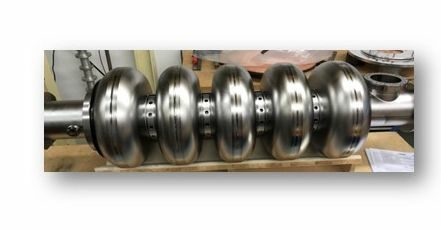
First UK ESS Cavity Tested
The European Spallation Source (ESS) is a multi-disciplinary research centre currently under construction in Lund, Sweden. When complete, the ESS will be the brightest neutron source in the world, enabling…

The European Spallation Source (ESS) is a multi-disciplinary research centre currently under construction in Lund, Sweden. When complete, the ESS will be the brightest neutron source in the world, enabling…
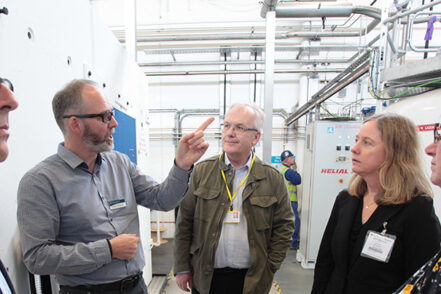
Fermilab’s Chief Strategic Partnerships Officer, Alison Markovitz, visited Daresbury on 6 June as part of a UK stakeholder visit, where she was shown the ASTeC Superconducting RF Laboratory (SuRFLab) and…
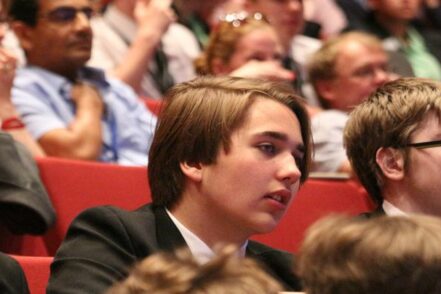
Particle accelerators have numerous applications across many fields including fundamental research, healthcare, electronics, environment and energy, but despite the vast benefits of accelerators for our everyday life the whole research…
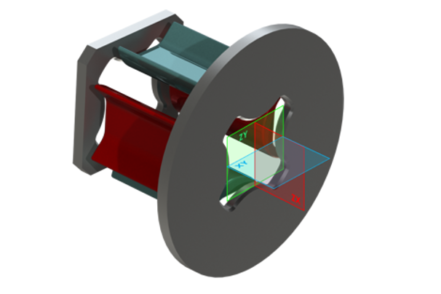
A truly bold idea was proposed in April 2018. In order to improve existing simulation models of electrostatic beam transfer lines that find application in low energy antiproton and ion…

The world’s largest conference on particle accelerators (IPAC’19) took place from 19 to 24 of May in the Australian city of Melbourne. Over 1,000 delegates from five continents gathered in…
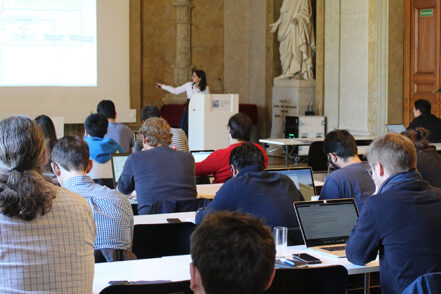
Members of the Cockcroft Institute, together with medical experts, research Fellows and PhD students from across Europe and beyond, took part in the Advanced School on Medical Accelerators and Particle…
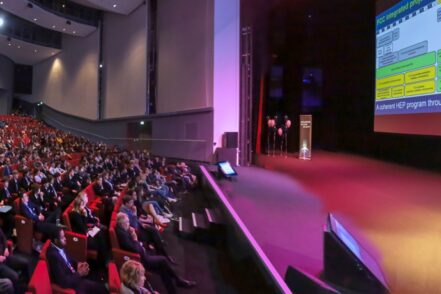
Fundamental science benefits society in many ways, from generating knowledge about how our universe works, to enabling unexpected and often transformative applications. Particle accelerators have been at the centre of…

The Royal Society of Edinburgh has named Fermilab Distinguished Scientist Swapan Chattopadhyay an RSE Fellow. In May, he will be one of 62 fellows elected this year who will be…
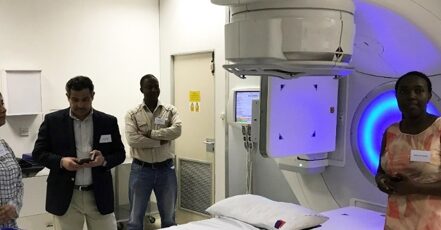
Three members of The Cockcroft Institute, Prof Graeme Burt (Lancaster University), Prof Peter McIntosh (ASTeC/STFC) and Dr Deepa Angal-Kalinin (ASTeC/STFC) recently attended a workshop organised by the International Cancer Expert…